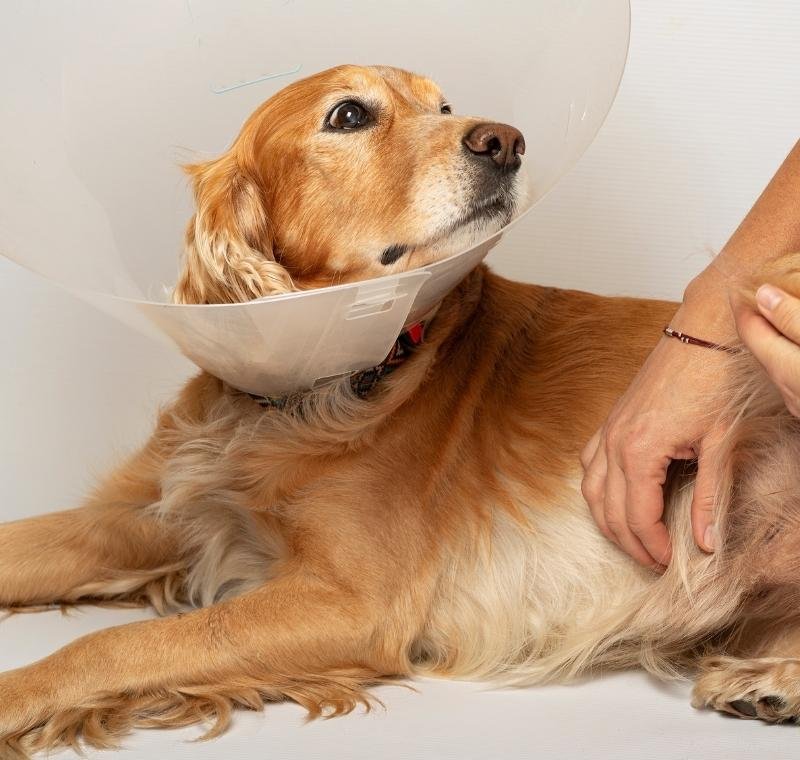
What You Should Know About Canine Surgical Procedures?
It is probably the most concerning experience for a dog parent to hear that their furry pal has to go through a surgical procedure. But they should know that canine surgical procedures have greatly improved in safety with the continuous development of new procedures using only the safest anaesthetic agents and equipment. It is also important to realise that surgery is only recommended due to concerning health conditions or as a preventative measure (e.g. spaying, neutering). The experienced veterinarians at the best dog surgery hospital will recommend only the best treatments while prioritizing your dog’s health.
You can consult the best dog surgery clinic in Dubai and know that if they recommend a surgical procedure, it will only be in your dog’s best interest. In this blog, we will discuss various aspects of surgical procedures for a dog that every dog parent should know about. So, read it till the end to get an overview of canine surgical procedures.
Canine surgical procedures generally fall into two categories where your dog is concerned, including elective procedures and urgent surgical procedures.
Common elective surgical procedures for dogs are
- Spay
- Neuter
- Dental extractions and cleaning
- Skin growth removal
Surgical procedures such as spaying and neutering, are crucial for your pet not only for population control but also necessary for the health and behavioral benefits it provides. Getting your dog sterilized will prevent many chronic health problems and diseases of the reproductive system and prevents them from running astray to satisfy their urges. Other elective surgical procedures such as dental extractions, cleaning, or skin growth removal are crucial for your dog’s health.
Some Urgent Care Surgical Procedures for Dogs
- Skin lacerations or abscesses
- Intestinal obstruction from a foreign body
- Internal bleeding
- Torn cruciate ligaments
- Fracture repair
- Malignant tumors
- Bladder stones or urethral blockages
- Spleen cancer
- Trauma due to many reasons
Surgery always carries with it numerous concerns ranging from complications to prognosis for recovery. However, you might be relieved to know that Veterinary medicine has made significant progress to encompass all modern considerations, which minimize the risks of major complications during canine surgical procedures. Many other considerations should be made when surgical treatment is advised for the dog. The vet will discuss the possible complications and all other factors and then come to the decision that would be best for your dog. Topics for discussion before the surgical procedure include the age and general health of the dog, potential complications, expected outcomes, potential outcomes if the surgery is not done, recovery period, physical therapy, as well as estimated costs etc.
Conclusion
The ultimate decision to put your dog up for surgery will be yours, but it would be best to act as per the veterinarian’s advice. They will maintain a high degree of transparency at each step of the procedure, from diagnosis to recovery, to help you make an informed decision, so do not hesitate to ask for explanations if certain parts are not yet clear.
Written by Monica Bruno
